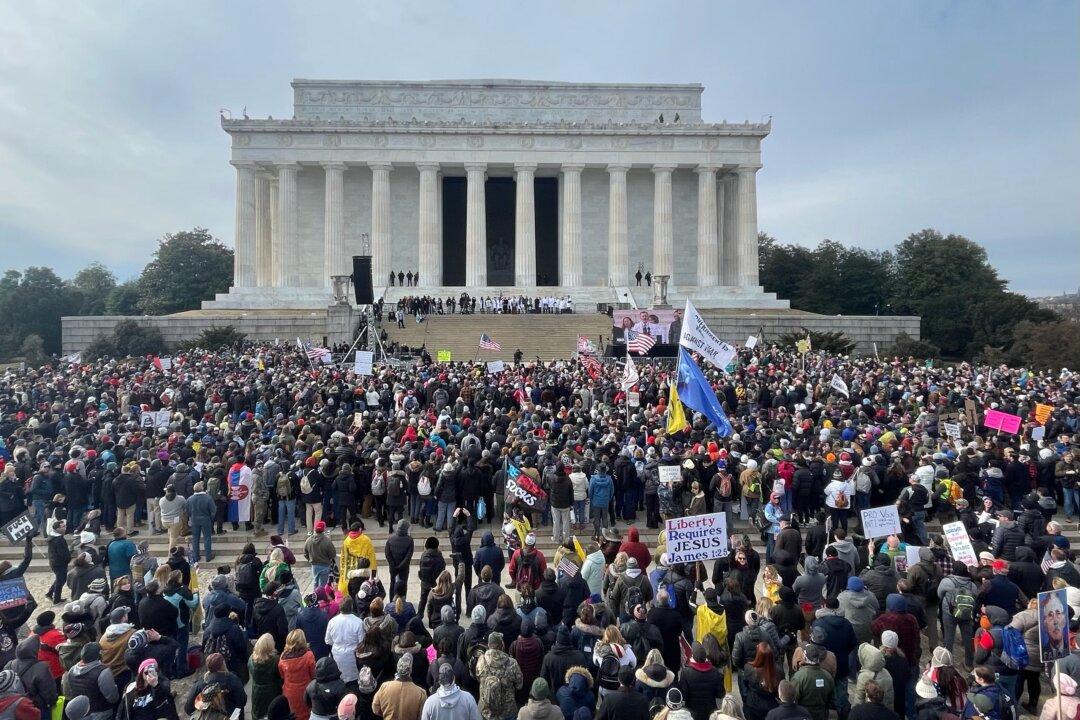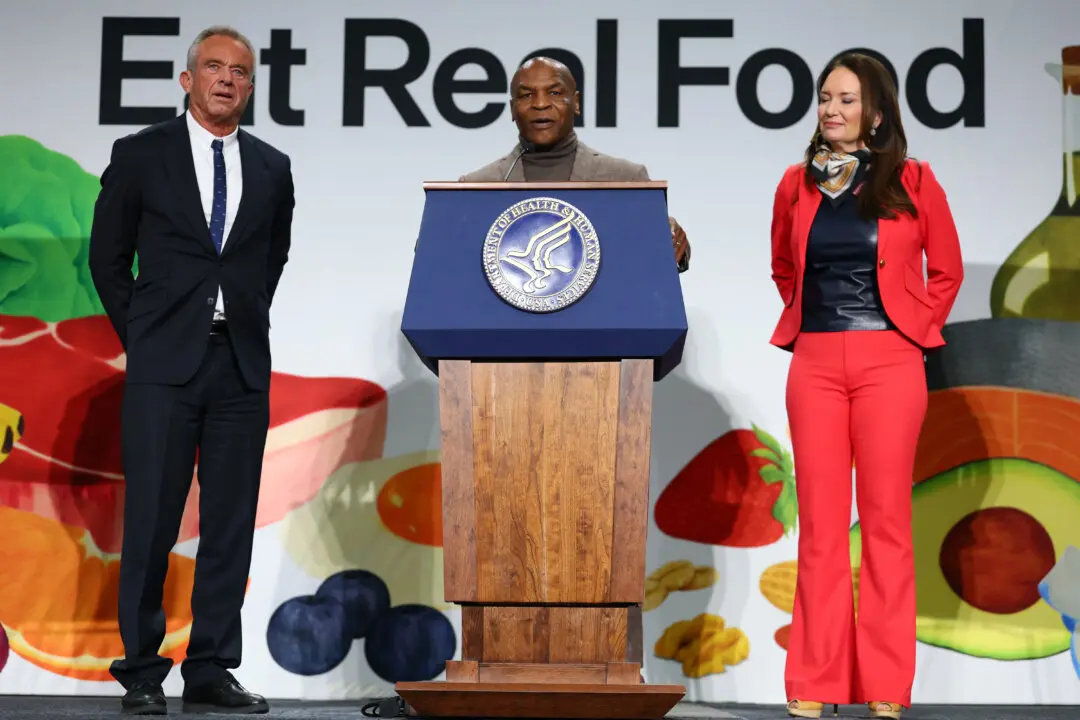Commentary
By long American tradition, protest movements manifest themselves most fully in gatherings in Washington, D.C, starting at the Washington Monument and culminating in speeches at the Lincoln Memorial. At long last, after two years of astonishing attacks on fundamental rights that most everyone once believed were protected by the U.S. Constitution, this happened yesterday, Jan. 23, 2022.





